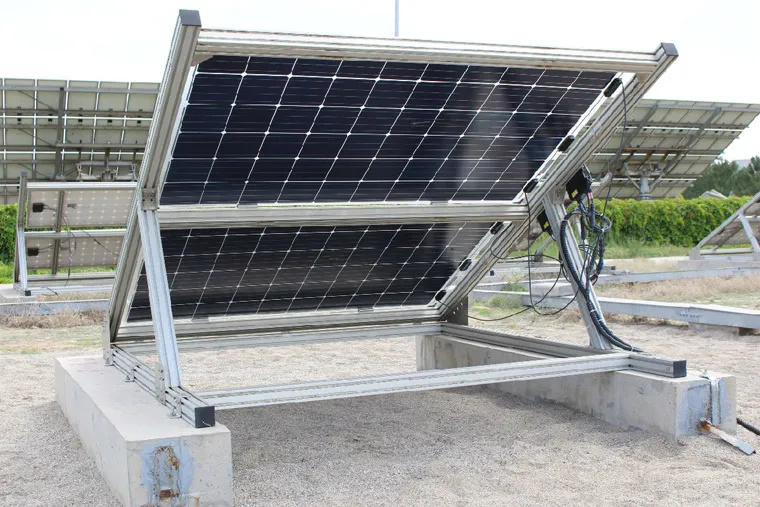calculate number of solar panels
Calculating the Number of Solar Panels Needed for Your Home
As renewable energy gains traction, many homeowners are considering solar power as a viable energy solution. One of the foremost questions they face is how do I calculate the number of solar panels needed for my home? This guide provides a straightforward approach to help you determine the number of panels required.
First, it is essential to understand your energy consumption. Look at your electricity bills from the past year to determine your average monthly usage in kilowatt-hours (kWh). This information is usually found on your bill, where it lists your consumption statistics. For instance, if your household uses around 900 kWh per month, that figure is crucial for the next steps.
Next, assess the solar panel's output. The amount of energy a solar panel can produce is influenced by its capacity, measured in watts. A standard residential solar panel typically generates between 250 and 400 watts. For example, if you choose a 300-watt solar panel and live in an area that receives about 5 hours of sunlight per day, you can estimate the daily output of one panel by multiplying its wattage by the average sunlight hours
300 watts * 5 hours = 1500 watt-hours, or 1.5 kWh per day.
To find the monthly output for that panel, multiply by the number of days in a month (let's say 30)
calculate number of solar panels

1.5 kWh * 30 days = 45 kWh per month.
Now that you know how much energy one panel can produce, you can calculate how many panels you need. Divide your household's monthly energy consumption (e.g., 900 kWh) by the monthly output of one panel (e.g., 45 kWh)
900 kWh / 45 kWh = 20 panels.
This calculation suggests that you would need approximately 20 solar panels to cover your energy needs. Keep in mind that this is a simplified calculation and doesn't account for factors like panel orientation, shading, or variations in sunlight.
Additionally, consider potential growth in your energy requirements, especially if you plan to add more appliances or if your household size increases. Consulting with a professional solar installer can provide more tailored insights, helping you arrive at a fitting solution for your specific circumstances.
In conclusion, determining the number of solar panels needed involves understanding your energy consumption, assessing panel output, and performing a few straightforward calculations. With this information, you are well on your way to harnessing the power of solar energy for your home.
-
Unlocking Energy Freedom with the Off Grid Solar InverterNewsJun.06,2025
-
Unlock More Solar Power with a High-Efficiency Bifacial Solar PanelNewsJun.06,2025
-
Power Your Future with High-Efficiency Monocrystalline Solar PanelsNewsJun.06,2025
-
Next-Gen Solar Power Starts with Micro Solar InvertersNewsJun.06,2025
-
Harnessing Peak Efficiency with the On Grid Solar InverterNewsJun.06,2025
-
Discover Unmatched Efficiency with the Latest String Solar InverterNewsJun.06,2025







